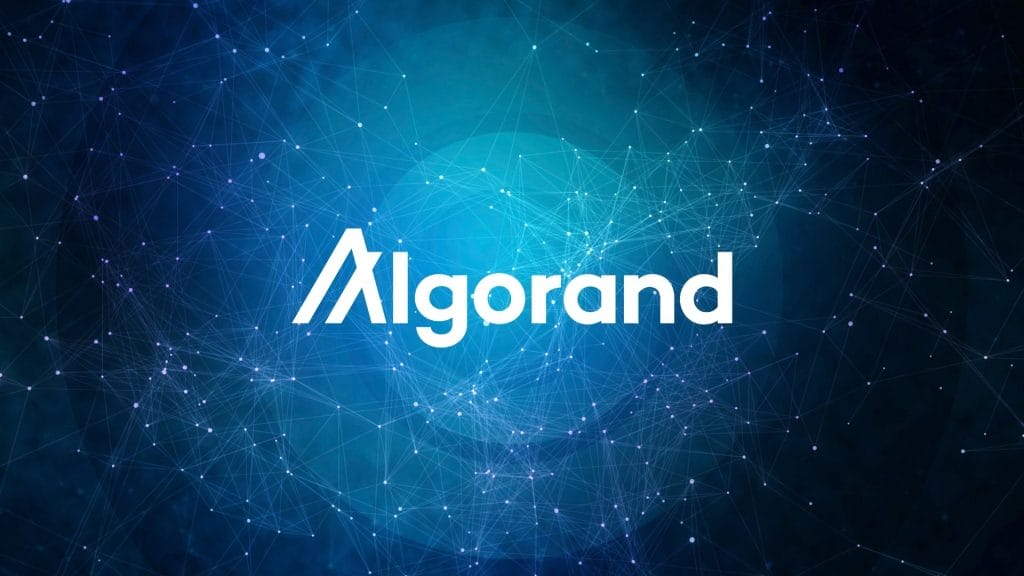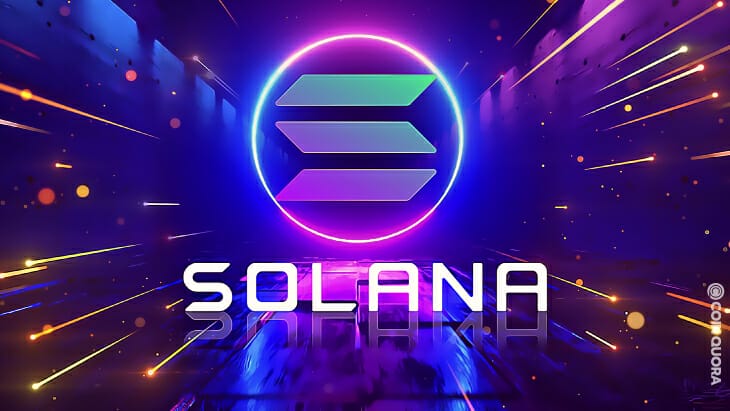BTCS (BTCS.Q) added the DeFi cryptocurrency, Algorand, to their infrastructure staking operations today.
Algorand is involved in asset development, smart contracts and atomic swaps. The company will earn revenue through its staking operations, being rewarded extra tokens on a semi-regular basis. The company also started using a proprietary script to compound its daily rewards.
“More than 500 global organizations leverage Algorand’s technology – from university partners (MIT, UC Berkeley, Peking University), to ecosystem players (Orion Protocol, Chainalysis, Hummingbot), to key stakeholders (Union Square Ventures, Cumberland Advisors), to government enterprises (Marshall Islands). Given this, we believe ALGO is a great addition to our blockchain infrastructure efforts,” said Michal Handerhan, chief operating officer of BTCS.
BTCS is perhaps the first pure play U.S. publicly traded company focused on blockchain infrastructure and technology. The company’s business model incorporates mining Proof-of-Stake blockchains by processing and validating transactions. At present, they’re developing something they call a staking-as-a-service platform that will let users stake and delegate supported crypto through a non-custodial platform.
They’re also developing a digital asset analytics dashboard that gives users the ability to evaluate their crypto portfolio over multiple exchanges and wallets, and they have plans to add staking as a service in the future to said dashboard.
Adding ALGO to their list of staked coins is a step in the right direction for a company of this size, with this particular profile.
ALGO is a decentralized network capable of processing speeds of 1,000 transactions per second and achieved settlement finality on transactions within five seconds. It was launched in 2019 by a Turing Award winning MIT professor and computer scientist named Silvio Micali. At the time of writing it’s 24th in size by market cap, at $8.4 billion.
“The ALGO Foundation proposed a roadmap going out as far as 2030 focusing on ecosystem support, community incentives and decentralized governance. We look forward to monitoring its developments over the years,” said Handerhan.
—Joseph Morton





